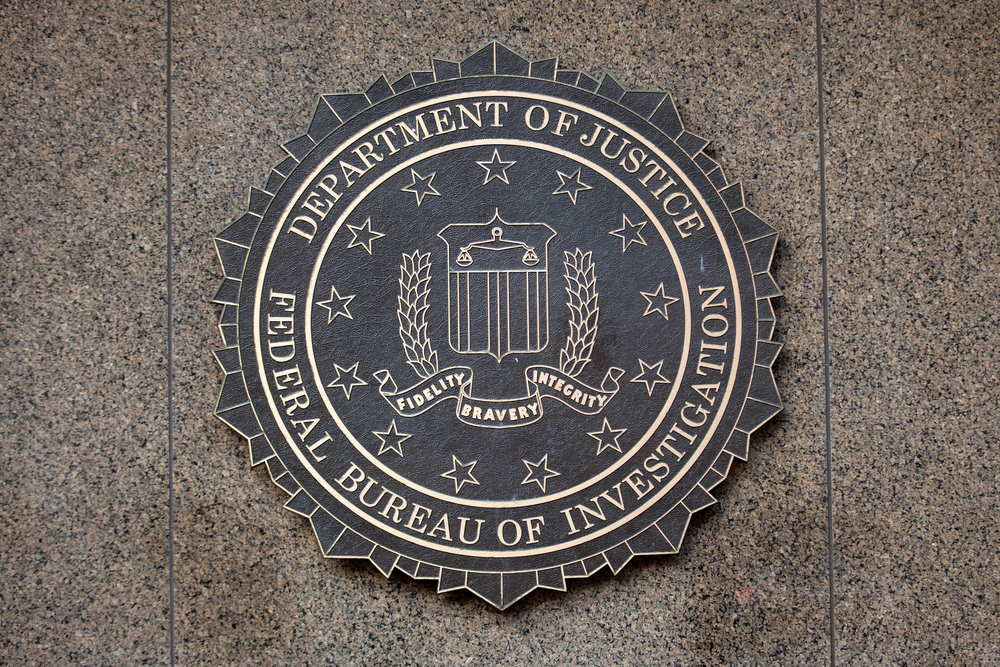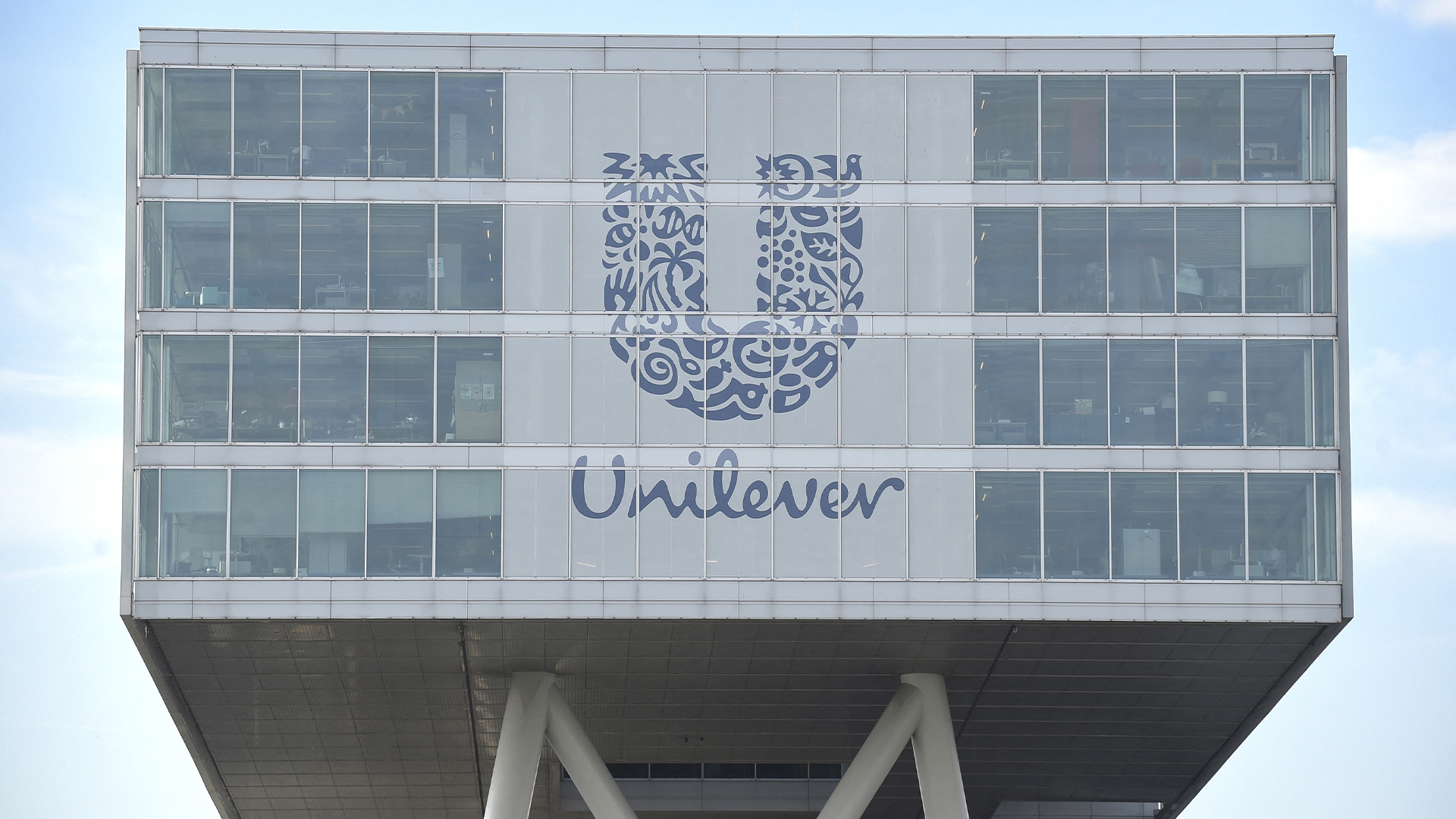Why the FBI is wrong: you should never pay ransomware
Paying up can be pointless, especially when you can safeguard your data


Sign up today and you will receive a free copy of our Future Focus 2025 report - the leading guidance on AI, cybersecurity and other IT challenges as per 700+ senior executives
You are now subscribed
Your newsletter sign-up was successful
ProtonMail, a Swiss-based encrypted email service provider, knows all too well about the futility of paying a ransom.
It did precisely that this month in order to stop a DDoS attack that was crippling its networks and those of some upstream providers. However, despite coughing up the 15 bitcoins (about 3,750) ransom the DDoS continued. I mention this as it is a great reminder that the bad guys are called 'bad' for a reason: expecting them to be reasonable and do what you perceive as the right thing following the payment of a ransom is, frankly, naive in the extreme.
Yet just last month, FBI agent Joseph Bonavolonta told delegates at a security conference that "we often advise people just to pay the ransom" when it comes to ransomware.
While this seems like a crock of the first order, some have suggested there is sense in the advice. The argument being, from a purely business perspective, one has to ask whether the time and money spent trying to free your data from the encrypted clutches of well written ransomware will be more or less than just paying the ransom and moving on.
The truth of the matter, as the ProtonMail example highlights, is that you can't actually trust the bad guys, so paying any ransom is always going to be a gamble. The FBI advice is about as useful as a one-legged man at an arse-kicking party.
When it comes to paying a ransom to decrypt your data, the odds are stacked against you in my experience. How so? Well, quite apart from the trust issue (and yes I am banging on about that, for a very good reason) there's the coding issue.
Take the Power Worm ransomware that was spotted doing the rounds recently - it was so badly coded that the attackers couldn't decrypt your locked up data even if you paid the release fee and they wanted to. Why so? Well, this variant was so full of bugs that it effectively destroyed the keys required to decrypt data.
Sign up today and you will receive a free copy of our Future Focus 2025 report - the leading guidance on AI, cybersecurity and other IT challenges as per 700+ senior executives
Not that all ransomware code is a pile of crap. The latest iteration of Cryptowall, for example, appears to be pretty well written, and has tweaked the encryption process and the way it evades detection in the first place. This is probably why the folk behind Cryptowall have raked in ransoms in the order of hundreds of millions of pounds, according to the Cyber Threat Alliance.
So, going back to our FBI man and his advice, should you pay the ransom? And is paying up the only way to deal with this type of ransomware? My answer is always going to be no. A big fat no, in fact. The most effective way to deal with ransomware is with a pre-emptive twin-pronged strategy that involves not getting infected and having suitable data backups just in case you do.
In terms of prevention, ensure you are using endpoint protection that's up to date so as not to get hit with old threats. Ditto as far as system OS patches and application updating are concerned: the smaller your insecurity footprint, the less opportunity for the bad guys to strike.
This is why staff training and awareness also plays into this, with phishing/social engineering techniques being another common route to infection. In fact, when it comes to ransomware infection mitigation we are talking the same old, same old. Don't open files attached to unsolicited emails, don't click on untrusted links, yada yada yada.
The target of these attacks is your data, but rather than attempts at exfiltration, the attackers want to lock it down and stop you accessing it, so you need to focus on that as well. The solution is simple enough: back it up. More to the point, have a backup strategy that involves multiple backups (local and cloud) which include 'air-gapped' ones so as not to all be hooked into the same computers and networks that might get infected.
Minding the gap means that if the worse did happen you can simply wipe things clean and start again where you left off. Hopefully. Erm, I should mention that there are some ransomware variants which stealthily encrypt or decrypt data on-the-fly, in the background, for weeks or months on end, so that your backups are actually also encrypted and worthless.
However, not going into panic mode post-infection is a good move. You might be surprised just how much information is out there to help you remove a ransomware threat and decrypt your data.
Some ransomware malware has already been reverse-engineered, and decrypting tools are available to unlock your data without any ransom being paid. Google is your friend, as are open-source threat intelligence depositories like VirusTotal, so do your research and find out what has attacked you and whether anyone has already dealt with it.
If all else fails though, rather than pay the ransom, instead consider paying a security consultant to help you. It means you stand more chance of recovering your data, and at least your money is going to the good guys...
Davey is a three-decade veteran technology journalist specialising in cybersecurity and privacy matters and has been a Contributing Editor at PC Pro magazine since the first issue was published in 1994. He's also a Senior Contributor at Forbes, and co-founder of the Forbes Straight Talking Cyber video project that won the ‘Most Educational Content’ category at the 2021 European Cybersecurity Blogger Awards.
Davey has also picked up many other awards over the years, including the Security Serious ‘Cyber Writer of the Year’ title in 2020. As well as being the only three-time winner of the BT Security Journalist of the Year award (2006, 2008, 2010) Davey was also named BT Technology Journalist of the Year in 1996 for a forward-looking feature in PC Pro Magazine called ‘Threats to the Internet.’ In 2011 he was honoured with the Enigma Award for a lifetime contribution to IT security journalism which, thankfully, didn’t end his ongoing contributions - or his life for that matter.
You can follow Davey on Twitter @happygeek, or email him at davey@happygeek.com.
-
 Is there a future for XR devices in business?
Is there a future for XR devices in business?In-depth From training to operations, lighter hardware and AI promise real ROI for XR – but only if businesses learn from past failures
-
 Unilever taps Google Cloud to drive business transformation, 'agentic commerce' gains
Unilever taps Google Cloud to drive business transformation, 'agentic commerce' gainsNews The deal will create a new model for how consumer packaged goods brands are discovered and bought, according to Unilever
-
 Ransomware gangs are using employee monitoring software as a springboard for cyber attacks
Ransomware gangs are using employee monitoring software as a springboard for cyber attacksNews Two attempted attacks aimed to exploit Net Monitor for Employees Professional and SimpleHelp
-
 Ransomware gangs are sharing virtual machines to wage cyber attacks on the cheap – but it could be their undoing
Ransomware gangs are sharing virtual machines to wage cyber attacks on the cheap – but it could be their undoingNews Thousands of attacker servers all had the same autogenerated Windows hostnames, according to Sophos
-
 Google issues warning over ShinyHunters-branded vishing campaigns
Google issues warning over ShinyHunters-branded vishing campaignsNews Related groups are stealing data through voice phishing and fake credential harvesting websites
-
 The FBI has seized the RAMP hacking forum, but will the takedown stick? History tells us otherwise
The FBI has seized the RAMP hacking forum, but will the takedown stick? History tells us otherwiseNews Billing itself as the “only place ransomware allowed", RAMP catered mainly for Russian-speaking cyber criminals
-
 Everything we know so far about the Nike data breach
Everything we know so far about the Nike data breachNews Hackers behind the WorldLeaks ransomware group claim to have accessed sensitive corporate data
-
 There’s a dangerous new ransomware variant on the block – and cyber experts warn it’s flying under the radar
There’s a dangerous new ransomware variant on the block – and cyber experts warn it’s flying under the radarNews The new DeadLock ransomware family is taking off in the wild, researchers warn
-
 Hacker offering US engineering firm data online after alleged breach
Hacker offering US engineering firm data online after alleged breachNews Data relating to Tampa Electric Company, Duke Energy Florida, and American Electric Power was allegedly stolen
-
 Cybersecurity experts face 20 years in prison following ransomware campaign
Cybersecurity experts face 20 years in prison following ransomware campaignTwo men used their tech expertise to carry out ALPHV BlackCat ransomware attacks
